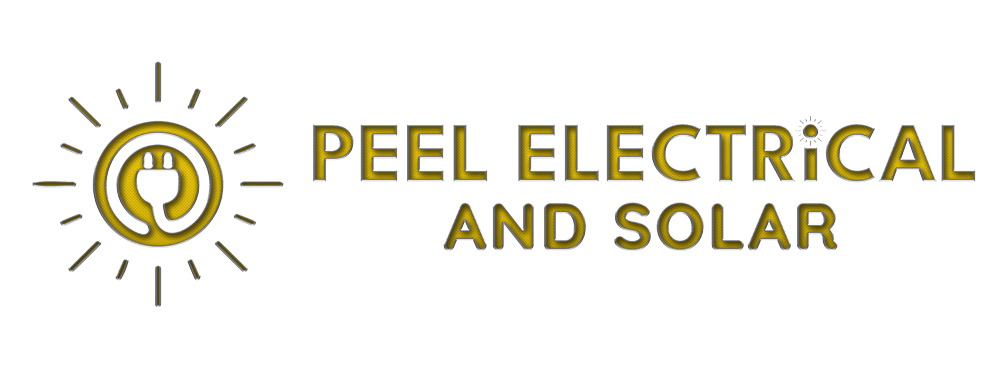Today I’m going to guide you how to choose the best solar panel for homes.
Will give you a list of best solar panels.
What factors to consider before choosing.
Let’s dive right in.
Table of Contents
Best Solar Panels
| Product Name | Warranty | Efficiency |
|---|---|---|
| REC Alpha Pure Series | 25 years | 22.3% |
| Q.PEAK DUO BLK ML-G10+ | 25 years | 20.9% |
| SunPower Maxeon | 40 years | 22.6% |
| Longi Hi-MO7 | 12 yrs(Product) 30 yrs(Power) | 22.6% |
| Canadian Solar TOPHiKu6 | 25 yrs(Product) | 23.0% |
| TrinaSolar Vertex S | 25 years | 21.8% |
Detail Listing Info
REC Alpha Pure-RX :-
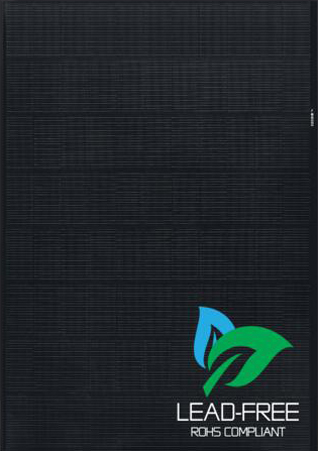
Some of there features
-
Heterojunction (HJT) cell technology
-
Advanced cell connection technology
-
Gapless cell layout
-
Pioneering panel designs
-
Super-strong frame
-
Lead free
-
Premium solar panel warranty
Why choose REC
-
46+ million panels manufactured
-
13.4+ gigawatts produced
-
20.5 million people powered at home
Q.PEAK DUO BLK ML-G10+ :-
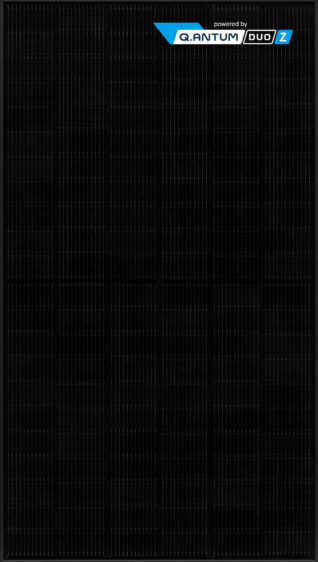
Some of there features
-
Breaking the 20 % efficiency barrier
-
The most thorough testing programme in the industry
-
Innovative all-weather technology
-
Enduring high performance
-
Extreme weather rating
-
A reliable investment
SunPower Maxeon :-
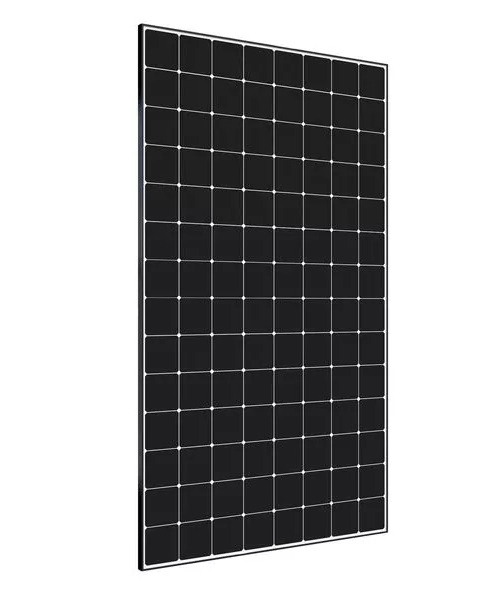
Some of there features
-
Solid copper foundation
-
Ultra-pure silicon
-
Anti-reflective glass
-
Trusted durability
-
Unmatched reliability
-
Maximum power
-
First 400W home solar panel
Longi Hi-MO7 :-
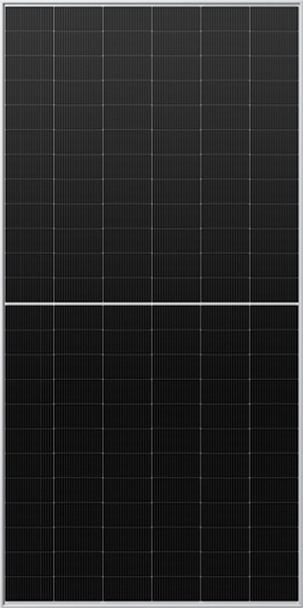
Some of there features
-
Reliable upgrade, leading warranty
-
BOS cost savings
-
Significant improvement in power generation performance
-
Operation and Maintenance cost savings
Canadian Solar TOPHiKu6 :-
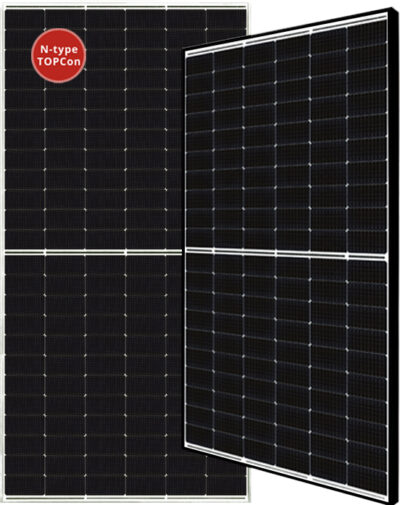
Some of there features
High Power
-
Module power up to 620W,module efficiency up to 23.0%
-
No boron-oxygen LID and anti PID, less degradation
-
16BB cell technology, better light trapping and current collection, higher power output
High energy yield, low LCOE
-
Low temperature coefficient (Pmax): -0.29%/℃, more energy in hot climate
-
High energy generation
-
Low BOS and LCOE
Enhanced reliability
-
Minimize cell micro-crack impacts to module reliability
-
Snow loads up to 5,400Pa, wind loads up to 2,400Pa
Factors to consider when choosing solar panels
-
Efficiency: Higher efficiency panels generally produce more electricity per square meter, which can be beneficial if you have limited roof space.
-
Quality and Reputation: Choose solar panels from reputable manufacturers with a proven track record for quality and reliability. Look for certifications such as the International Electrotechnical Commission (IEC) and the Clean Energy Council (CEC) in Australia.
-
Warranty: Check the warranty offered by the manufacturer. A longer warranty period often indicates greater confidence in the product’s durability and performance.
-
Temperature Coefficient: Solar panels’ efficiency can decrease at higher temperatures. A lower temperature coefficient indicates better performance in hot climates.
-
Type of Solar Panel: There are different types of solar panels, such as monocrystalline, polycrystalline, and thin-film. Monocrystalline panels are known for higher efficiency, but they might be more expensive. Polycrystalline panels are cost-effective, and thin-film panels are suitable for specific applications.
-
Price: While it’s essential to consider your budget, it’s also important to balance cost with quality. Cheaper panels may have lower efficiency or a shorter lifespan.
-
Local Regulations and Standards: Ensure that the chosen solar panels comply with Australian standards and regulations. This is important for safety and eligibility for government incentives.
-
Installer Experience: Choose an experienced and accredited solar installer. They can provide valuable advice, ensure proper installation, and help you navigate any local requirements or incentives.
-
Government Incentives: Check for any government incentives or rebates available for solar installations in your area. The availability and terms of incentives can impact the overall cost-effectiveness of your solar system.
-
Customer Reviews: Research customer reviews and testimonials to gain insights into the performance and satisfaction of others who have installed the same solar panels.
-
Aesthetics: Some homeowners prefer solar panels that blend seamlessly with their roof. Consider the appearance of the panels, especially if aesthetics are important to you.
-
Size and Space: Consider the physical size and power output of the solar panels to ensure they fit on your roof and meet your energy needs. High-efficiency panels can be beneficial if you have limited roof space.
-
Inverter Compatibility: Ensure that the solar panels are compatible with the type of inverter you plan to use. The inverter converts the direct current (DC) generated by the solar panels into usable alternating current (AC) for your home.
Our Top Pick
| Product Name | Warranty | Efficiency |
|---|---|---|
| SunPower Maxeon | 40 years | 22.7% |
Conclusion
Now it’s your turn.
Which Solar Panel would you choose
And Why?
Did I miss any Solar Panel?
Let me know in Comments.
